Dump trailers are essential tools for both commercial and personal use, facilitating the transportation and unloading of various materials with ease and efficiency. In this guide, we explore the myriad facets of dump trailers, equipping you with all the information necessary for informed decision-making. Whether you’re a contractor, a landscaper, or a homeowner tackling renovation projects, understanding dump trailers will enhance your productivity and functionality on the job site.
What Is a Dump Trailer?
Definition and Structure
A dump trailer is a specialized type of trailer designed to transport loose materials such as gravel, sand, dirt, and other bulk goods. Unlike traditional flatbed trailers, which require manual labor for loading and unloading, dump trailers feature a hydraulic lifting mechanism. This mechanism facilitates the tilting of the trailer bed, allowing for efficient and quick unloading of materials.
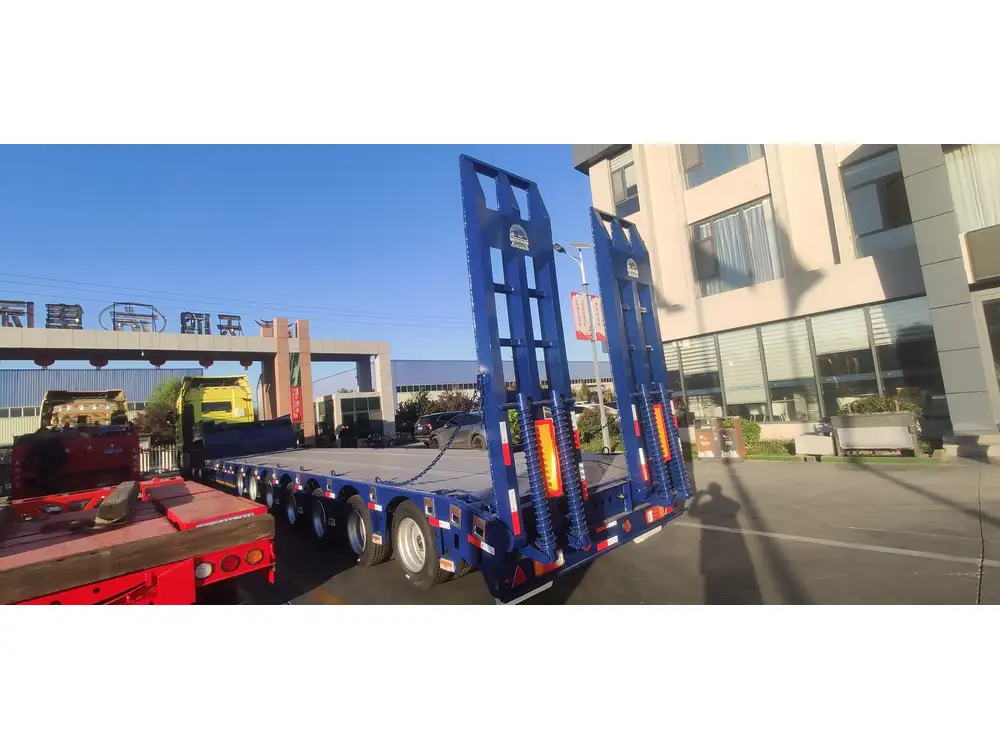
Key Components
| Component | Description |
|---|---|
| Trailer Frame | The structural framework that supports the trailer. |
| Axles | Provide stability and weight distribution; typically available in single or tandem options. |
| Wheels | Essential for mobility, usually ranging from 13” to 16” in diameter. |
| Hydraulic Lift | Mechanism that raises and lowers the trailer bed. |
| Bed | The actual platform where materials are loaded; comes in various capacities, typically ranging from 5 to 20 cubic yards. |
| Tailgate | Can be a single or double door design for unloading flexibility. |
Types of Dump Trailers
1. Single Axle Dump Trailers
These trailers are generally lighter and more compact, suitable for small-scale jobs and residential use. The single axle design translates to better maneuverability, making it easier to navigate tight spaces.
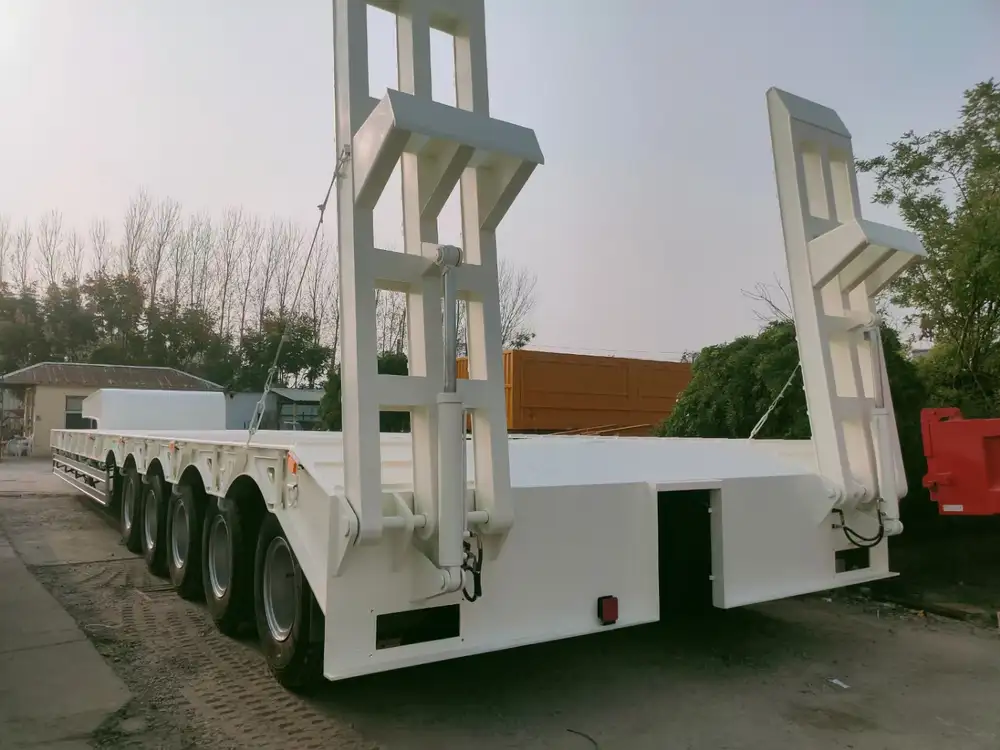
2. Tandem Axle Dump Trailers
Larger and more robust than their single axle counterparts, tandem axle dump trailers are ideal for commercial applications. They offer enhanced stability and increased weight capacity, accommodating heavier loads.
3. Enclosed Dump Trailers
For those needing to transport sensitive or loose materials that require protection, enclosed dump trailers serve as an excellent choice. They feature walls and a roof that prevent spillage and safeguard the content from the elements.
4. Gooseneck Dump Trailers
These trailers are designed with a gooseneck hitch, which connects to the bed of a truck. They provide improved stability while towing heavier loads, making them a popular choice for professionals in construction and landscaping.
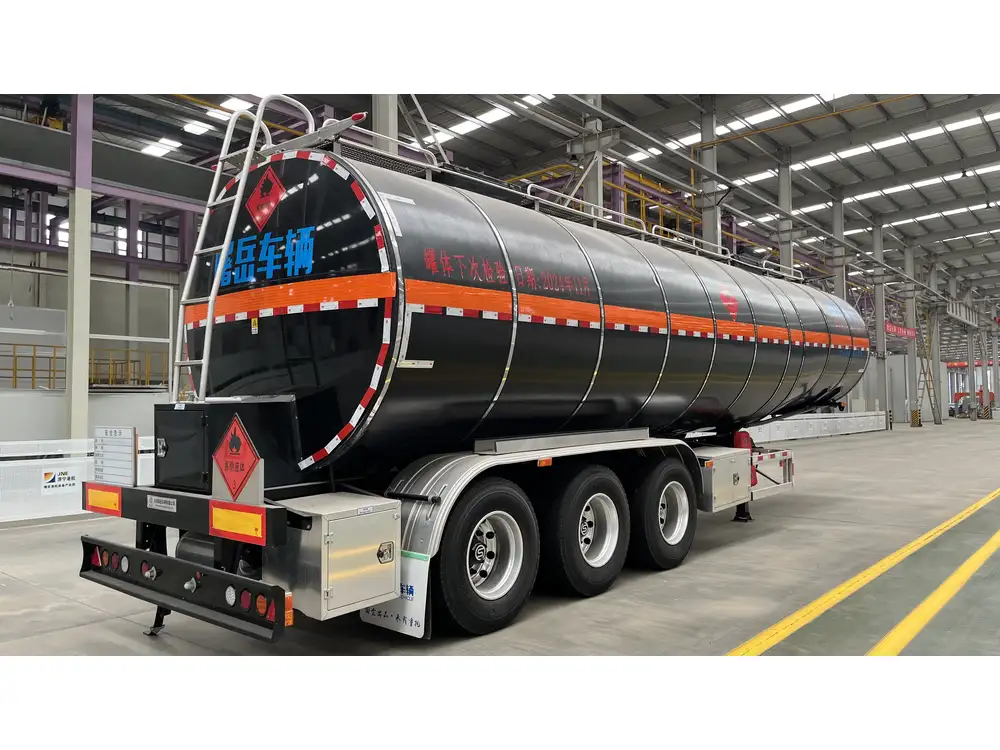
Benefits of Using a Dump Trailer
Enhanced Efficiency
The hydraulic unloading mechanism significantly reduces the time and labor involved in unloading materials. This efficiency translates into labor cost savings, especially on large projects where time is crucial.
Versatility
Dump trailers can handle a plethora of materials, from landscaping rocks to construction debris. Their adaptability makes them suitable for various industries, including construction, landscaping, and waste management.
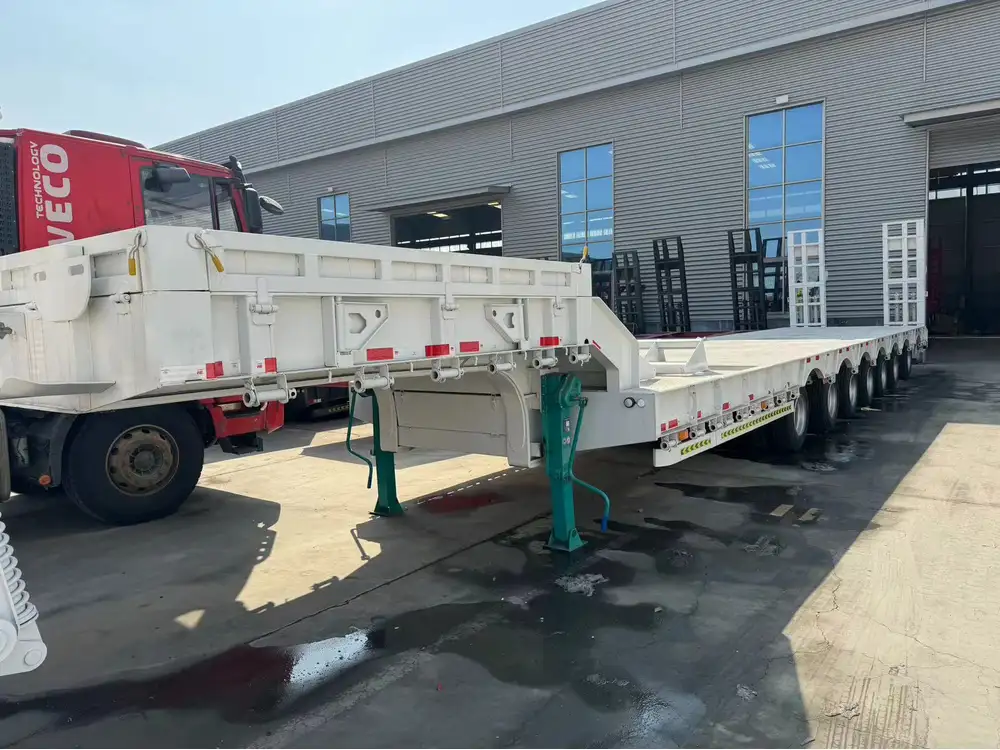
Increased Safety
Safety is paramount when transporting heavy materials. Dump trailers are engineered with safety features, including sturdy frames and effective braking systems, to minimize accidents and enhance operational safety.
Cost-Effective Solution
Investing in a dump trailer can lead to long-term savings. By minimizing rental costs for equipment and reducing labor requirements, dump trailers offer a cost-effective solution for various transportation needs.
Getting the Right Size
When selecting a dump trailer, size is an essential consideration. Factors to keep in mind include:
- Material Type: Heavier materials like stone will require a larger capacity.
- Transport Vehicle Capability: Ensure your towing vehicle can handle the weight and size of the trailer.
- Project Scope: Consider the volume of materials needed for your projects to ensure you choose an appropriately sized trailer.

Pricing Factors for Dump Trailers
Several factors influence the pricing of dump trailers:
| Factor | Description |
|---|---|
| Size and Capacity | Larger trailers cost more due to higher material usage. |
| Material Quality | Higher-grade steel and aluminum increase the durability and cost. |
| Manufacturer Reputation | Well-known manufacturers may have higher price points due to brand value. |
| Additional Features | Custom features (like heavier axles, advanced hydraulics) can add to the price. |
| Market Demand | Prices may fluctuate based on market conditions and demand for trailer types. |
Maintenance Tips for Dump Trailers
Proper maintenance ensures that your dump trailer operates efficiently and lasts for years. Here are some essential maintenance tips.
Routine Inspection
Regularly inspect critical components, including the hydraulic system, brakes, and tires. Look for signs of wear or damage.
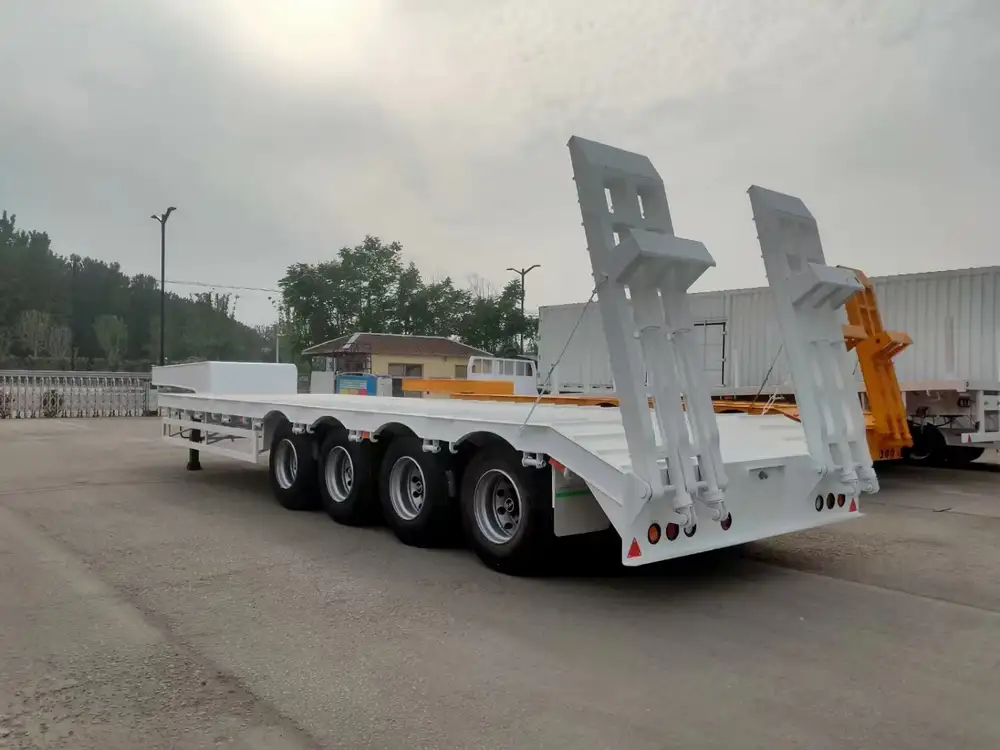
Lubrication
Keep moving parts well-lubricated to prevent rust and corrosion. Pay special attention to the pivot points and hydraulic fittings.
Clean Up
After each use, clean the trailer bed to prevent the buildup of residue and materials that can contribute to corrosion.
Tire Care
Check tire pressure and look for any signs of uneven wear. Proper inflation is crucial for safe towing.
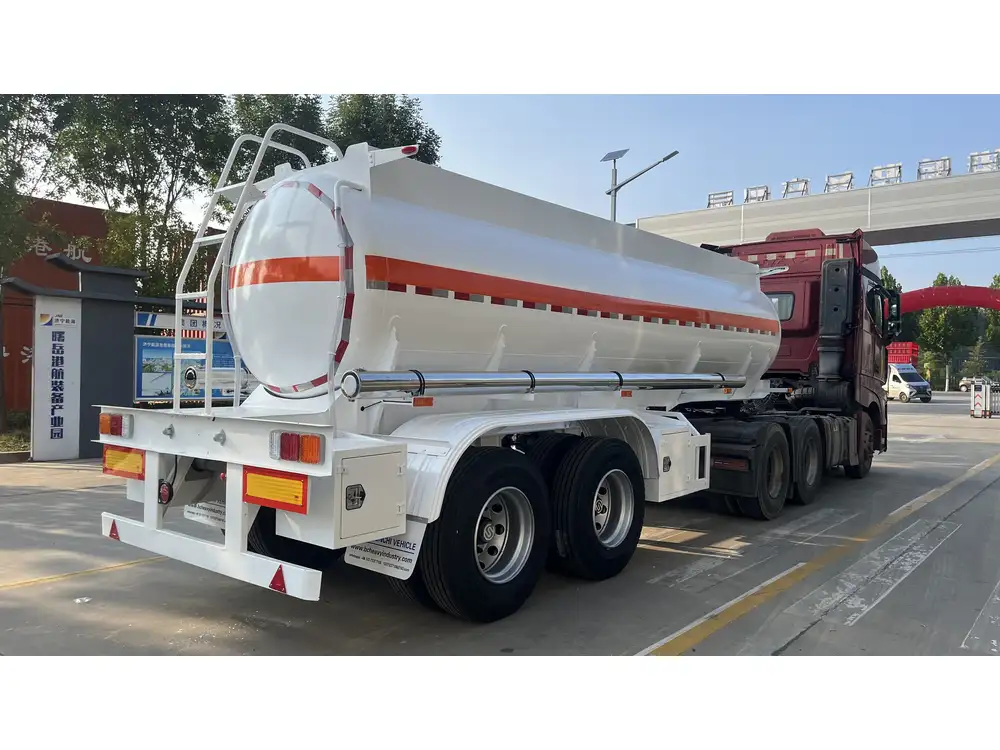
Hydraulic System Maintenance
Monitor hydraulic fluid levels and inspect hoses for leaks. Maintaining the hydraulic system is vital for the effective operation of the trailer.
How to Use a Dump Trailer Safely
Pre-Operation Checklist
- Inspect the Trailer: Check for any signs of damage or wear.
- Verify Connections: Ensure that the trailer is securely connected to the towing vehicle.
- Weight Distribution: Load materials evenly to maintain balance during transport.
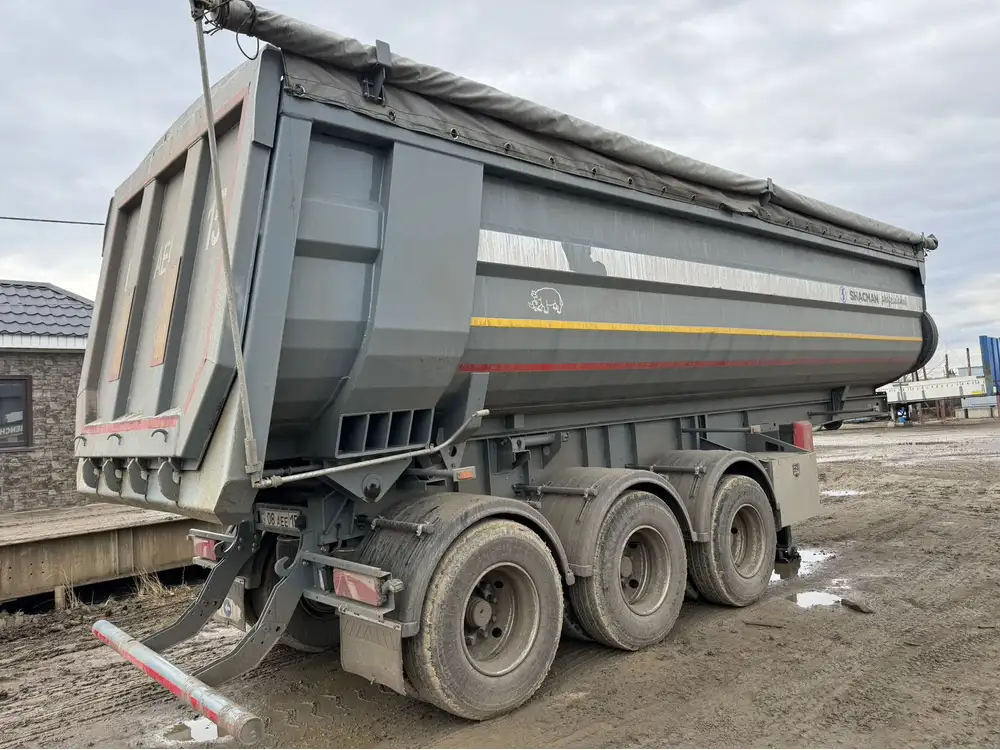
During Operation
- Maintain Speed Limits: Drive within appropriate speed limits to ensure safety.
- Avoid Sudden Stops: Gradual braking helps maintain control over the trailer.
Post-Operation Procedures
- Secure the Load: Ensure that the trailer is secured when parked.
- Unload Safely: Position yourself clear of the unloading area and avoid standing under the trailer when lifting.
Frequently Asked Questions About Dump Trailers
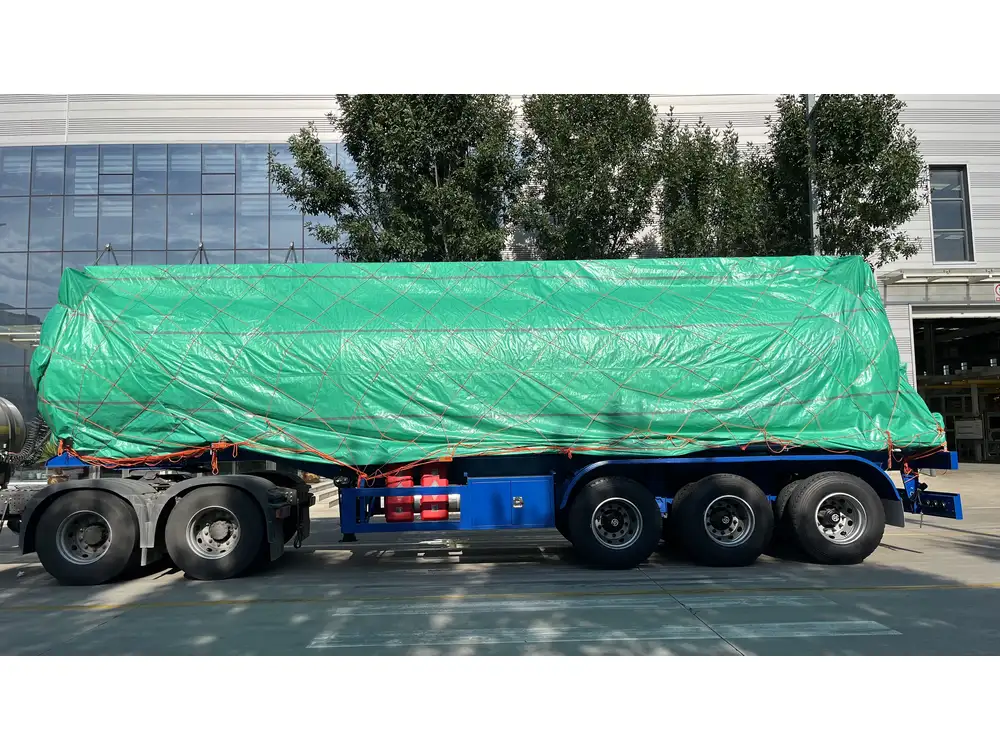
Q1: Can I use a dump trailer for transporting liquids?
Response: Dump trailers are not designed for liquid transport. For fluid materials, consider specialized tanks or containers.
Q2: What vehicles are suitable for towing a dump trailer?
Response: Most applicable vehicles include trucks with sufficient towing capacity, such as pickup trucks and heavy-duty utility vehicles. Consult your vehicle’s owner manual for towing specifications.
Q3: How do I choose the right dump trailer for my needs?
Response: Consider factors such as capacity, intended use (commercial or residential), and the types of materials you will transport. Evaluate your budget and towing capabilities before making a decision.
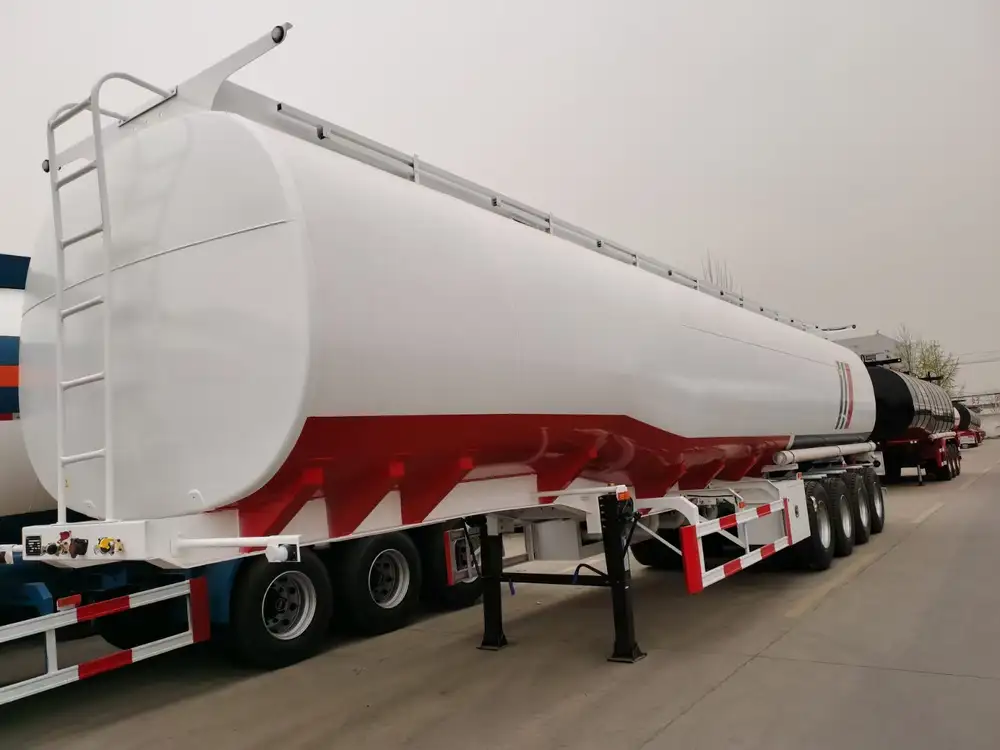
Q4: Are dump trailers easy to store?
Response: Yes, dump trailers can be stored in standard parking spaces, garages, or specifically designated trailer storage areas, depending on their size.
Conclusion
Choosing the right dump trailer is a strategic decision that can transform your operational efficiency and productivity. Weighing various factors—including size, type, maintenance, and safety—will help steer you toward the best choice for your needs. By understanding the various components, their functionality, and the importance of safety measures, you can harness the power of dump trailers to streamline your projects. Careful consideration and regular maintenance will extend the life of your investment, ensuring optimal performance for years to come.
For further inquiries, please contact us directly, and we look forward to assisting you on your journey to smarter, more efficient hauling solutions.



